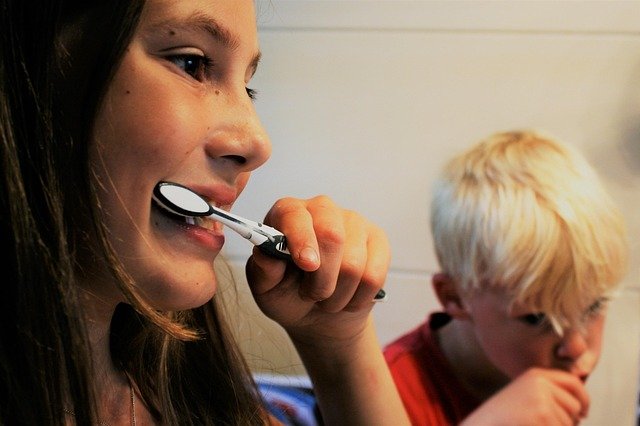The Revitalizing Power of Beauty Sleep: An In-Depth Dive into Its Science and Impact
Beauty sleep isn't just a catchy phrase, it's a fundamental part of wellness that influences everything from our skin health to our mental performance. This article explores the science behind beauty sleep, its role in our health and wellbeing, and how it's influencing the beauty and fitness industry.

A Historical Perspective on Beauty Sleep
The term ‘beauty sleep’ has been part of our vernacular for centuries, tracing its roots back to the 16th century when it was first used in literature. Shakespeare even alluded to the concept in his play, Macbeth, in 1606. However, the scientific understanding of the importance of sleep for our overall health and appearance has only started to gain significant attention in the past few decades.
Historically, the focus of the beauty industry was predominantly on topical treatments and cosmetic enhancements. But as our understanding of health and wellness has evolved, so too has the industry. Now, a holistic approach is championed, and sleep is recognized as a critical component of maintaining and enhancing beauty.
Current Trends in Beauty and Fitness: The Sleep-Wellness Connection
The modern beauty and fitness industry is increasingly focusing on the role of quality sleep as an essential part of a holistic wellness approach. Sleep science is being integrated into beauty and fitness regimens, with an array of products and practices designed to optimize the benefits of sleep.
A 2020 report by the Global Wellness Institute identified sleep optimization as one of the top wellness trends. Experts in the field are now stressing the importance of sleep hygiene and the role of sleep in recovery and performance. The beauty industry, too, has seen a surge in products specifically designed for nighttime application, playing on the body’s natural repair processes that occur during sleep.
The Science of Beauty Sleep: Benefits and Market Relevance
Scientific evidence suggests that adequate, quality sleep plays a pivotal role in various aspects of health and beauty. Sleep deprivation can lead to skin aging, reduced athletic performance, and impaired cognitive function, among other issues.
During sleep, our bodies enter a state of regeneration. This is when human growth hormone, a key player in cellular repair and renewal, is released. Collagen production, which is crucial for skin elasticity and youthfulness, is also enhanced during sleep.
From a fitness perspective, sleep is vital for muscle recovery and growth, energy replenishment, and cognitive functions like focus and coordination. Research also shows that lack of sleep can disrupt appetite-regulating hormones, potentially leading to weight gain.
All these scientific findings have fueled a market demand for products and practices that enhance sleep quality and capitalize on the beauty and fitness benefits it offers. From sleep-inducing teas to high-tech sleep trackers, the market is teeming with offerings that cater to this growing interest.
Beauty Sleep in the Industry: Impact and Evolution
The concept of beauty sleep has significantly impacted the beauty and fitness industry. It has brought about the rise of new product categories, such as overnight beauty products and sleep-optimized fitness programs. It has also triggered a shift in industry narratives, with an increasing emphasis on holistic wellness, rest, and recovery.
The beauty industry has seen an influx of overnight skincare products designed to work in sync with the body’s natural nighttime repair processes. These include night creams, serums, and masks that are packed with active ingredients like retinol, hyaluronic acid, and peptides.
In the fitness sector, sleep’s role in recovery and performance has led to the development of sleep-optimized workout plans. These programs aim to align exercise regimens with sleep cycles to maximize results and promote overall wellness.
Embracing Beauty Sleep: Evidence-Based Recommendations
Embracing the power of beauty sleep involves more than just increasing the hours spent sleeping. It’s about improving sleep quality and creating an environment conducive to restful sleep.
Experts recommend establishing a regular sleep schedule, maintaining a dark, cool, and quiet bedroom environment, and avoiding stimulants like caffeine and electronics close to bedtime. Physical activity can also promote better sleep, but it’s crucial to time workouts appropriately as exercising too close to bedtime can disrupt sleep.
In conclusion, the concept of beauty sleep has evolved from a mere saying to a science-backed pillar of health and wellness. It has significantly influenced the beauty and fitness industry, giving rise to new trends, practices, and products. As research continues to uncover the depth of sleep’s impact on our wellbeing, we can expect to see the importance of beauty sleep further emphasized and explored in the future.




